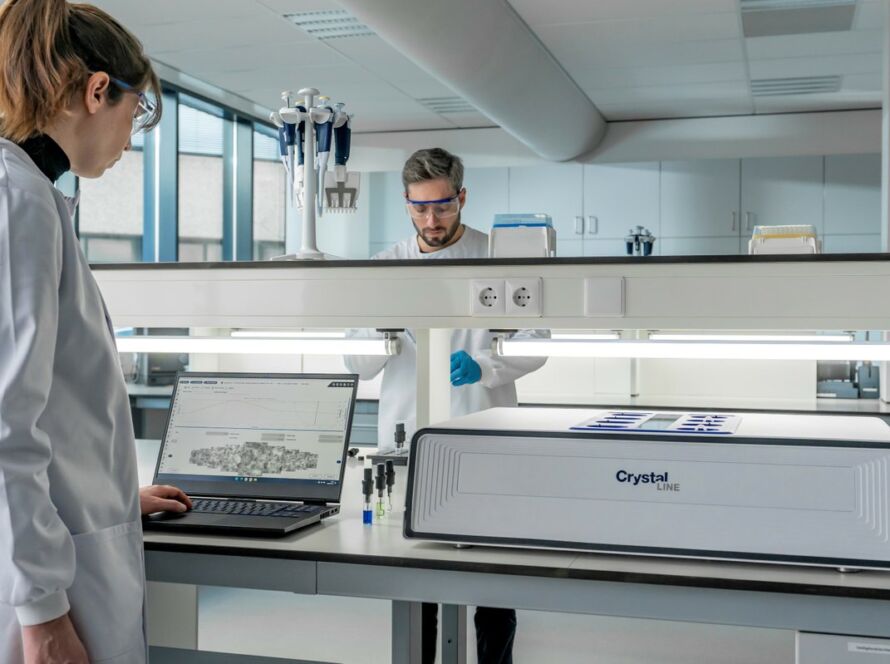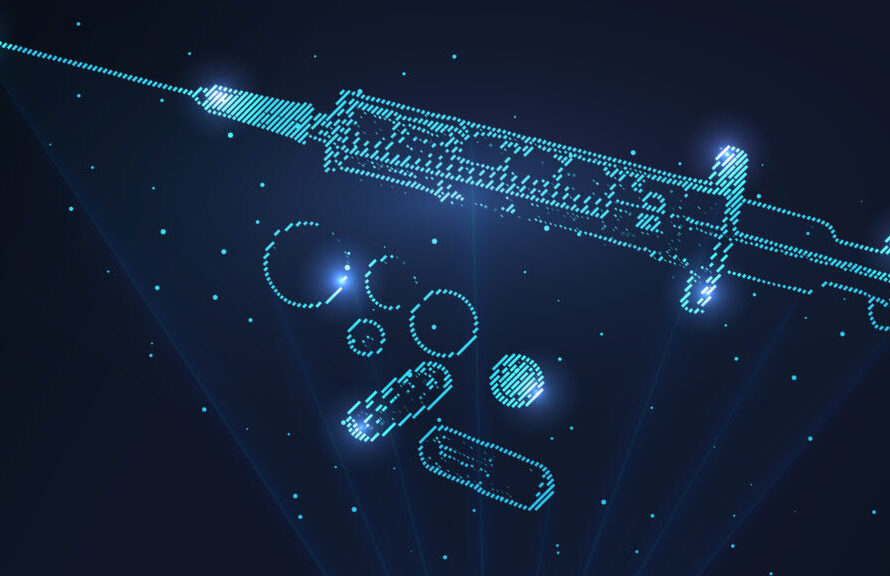Driving Collaboration in Medical Affairs with AI-Powered Solutions ===
The field of Medical Affairs plays a crucial role in bridging the gap between the pharmaceutical industry and healthcare professionals. It is responsible for providing valuable scientific and medical information, supporting clinical research, and ensuring the safe and effective use of drugs. However, with the ever-increasing volume of data and growing complexity of the healthcare landscape, the need for collaboration and efficient information exchange among medical professionals has become more critical than ever. This is where Artificial Intelligence (AI) comes into the picture, unlocking the potential to transform Medical Affairs and empower teams for enhanced collaboration.
Unlocking the Potential: Transforming Medical Affairs with AI
AI has emerged as a game-changer in the healthcare industry, revolutionizing various aspects of patient care, drug development, and now, Medical Affairs. By leveraging AI-powered solutions, Medical Affairs teams can unlock untapped potential in their daily operations. One significant area where AI can make a difference is in efficiently scanning and analyzing vast amounts of scientific literature, clinical trials, and real-world data. With AI algorithms, medical professionals can quickly extract relevant insights, identify emerging trends, and stay up-to-date with the latest research, ultimately improving decision-making and providing evidence-based support to healthcare providers.
Another way AI transforms Medical Affairs is through advanced data analytics. By integrating AI into existing systems, medical teams can gain a comprehensive understanding of their data and identify patterns that were previously hidden. AI-powered analytics can help assess real-world outcomes, monitor drug performance, and evaluate the effectiveness of medical interventions. These insights provide medical professionals with a solid foundation for evidence-based decision-making, enabling them to enhance patient care, identify knowledge gaps, and develop targeted strategies to address unmet medical needs.
Empowering Teams: Harnessing AI for Enhanced Collaboration
Collaboration lies at the heart of successful Medical Affairs, as teams work together to provide accurate and comprehensive information to healthcare professionals. AI-powered solutions can empower teams by streamlining collaboration processes and improving communication. For example, AI-powered chatbots can help reduce the burden of repetitive inquiries by addressing common queries, freeing up time for medical professionals to focus on more complex cases. Furthermore, AI can facilitate seamless information sharing and collaboration across geographically dispersed teams, breaking down communication barriers and enabling real-time access to expertise.
In addition to improving internal collaboration, AI-powered solutions can also foster collaboration with external stakeholders. For instance, AI can assist in identifying potential collaborators for research projects, matching key opinion leaders with specific therapeutic areas, and facilitating virtual meetings and conferences. By harnessing AI for enhanced collaboration, Medical Affairs teams can build stronger networks, foster knowledge exchange, and drive innovation in the pharmaceutical industry.
Driving Collaboration in Medical Affairs with AI-Powered Solutions ===
As the field of Medical Affairs continues to evolve, leveraging AI-powered solutions has become imperative to unlock the full potential of collaboration. By embracing AI, Medical Affairs teams can transform their operations, enabling efficient analysis of scientific literature, comprehensive data analytics, and streamlined collaboration processes. With AI as a powerful ally, Medical Affairs professionals can provide evidence-based support, enhance patient care, and drive innovation in the pharmaceutical industry. By harnessing the potential of AI, the future of Medical Affairs collaboration looks brighter than ever before.


